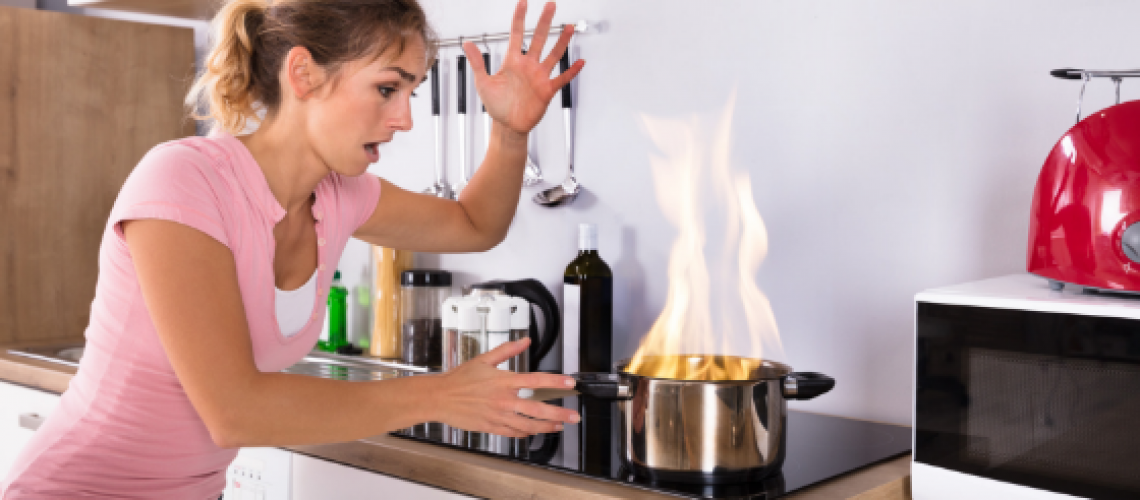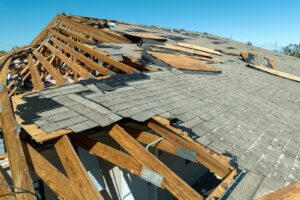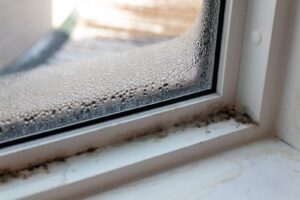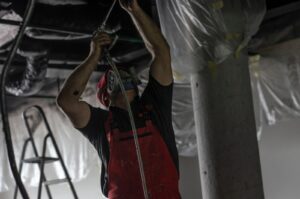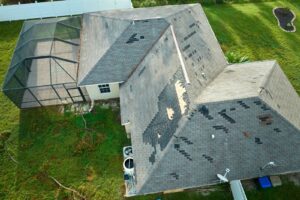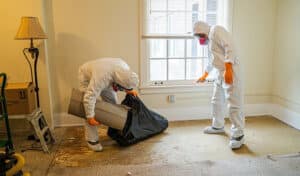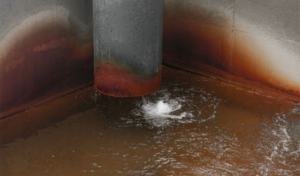The kitchen can be full of fire hazards. According to the U.S. Fire Administration, between the years of 2014 and 2016, there were approximately 188,800 residential kitchen fires responded to. These fires resulted in approximately 195 deaths and 3,800 injuries annually. Your kitchen may be full of fire hazards without you even realizing. Educate yourself about these common kitchen fire hazards and make your home a safer place for you and your family.
- Smoke Detector—having an old smoke detector that is less than reliable is a major fire hazard. Older models are not as sensitive to smoke—in a fire every second is extremely important. It’s also common practice to take the batteries out of smoke detector once it starts beeping. That beeping can get annoying fast, but it’s important to have a reliable smoke detector with charged batteries in your house. Don’t take out the batteries and forget to replace them. Make sure your smoke detectors are working and reliable at all times.
- Stove Tops—stoves are an open source of heat. They are, of course, very helpful and usually safe when used properly. But cooking at too high of a heat can be very dangerous, even if you’re carefully keeping an eye on things. Be careful not to keep any dish towels, curtains, or anything else flammable near the stove top. Towels and hot pads can easily ignite and lead to a fire. It’s also very important to keep your stove clean. A stove top covered with grease and grime is a fire hazard. Clean your burners before turning up the heat.
- Unattended Cooking—you should not leave the kitchen while food is cooking. Whether it’s the stove, the microwave, or the oven—they should not be left unattended. You never know when a fire could start, and once it gets started it often gets out of hand quickly. Unattended cooking is a serious fire risk.
- Cranking Up the Heat—there is a reason most recipes don’t recommend cooking or baking above 350 degrees F. The higher the temperatures the greater the fire risk. If you’re frying anything on your stove stop, you should not let the grease come to a boil. If this happens, turn off the heat immediately. The same goes for a burner that is smoking, turn off the heat asap and once it cools completely, cleans it off.
- Microwaves—microwaves produce radiation, which can be a fire hazard. They can also be very dangerous if anything metal or another dangerous material is placed inside. Even a dirty microwave can lead to a kitchen fire. Clean out any grease, food, or debris before using a microwave.
- Exposed Wiring—check the cords of your appliances. Are any of them fraying? Frayed or broken wires are very dangerous. They could easily lead to an electrical fire. You should also be sure to plug appliances directly into outlets, do not use extension cords for long periods of time.

